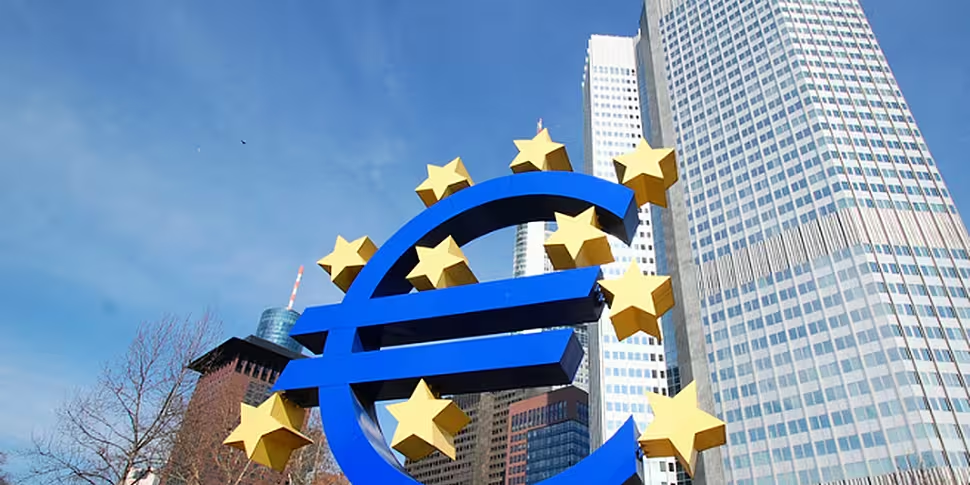The European Central Bank's (ECB) 24-member governing council had its last meeting of 2014 today, and announced that interest rates will remain at their historic low of 0.5 percent. This was expected and it seems that the rate will not go any lower.
The bank has cut its growth forecast for the euro zone, saying that the economic situation across Europe has deteriorated since the its last forecast in September. Inflation in the Union is projected to be 0.5 percent in 2014, 0.7 percent next year and 1.3 percent in 2016. September's figures ascertained that inflation would be 0.6 percent in 2014, 1.1 percent in 2015 and 1.4 percent in the following year.
While the reduction is small it is another poor signal for the European economy, which looks set to continue to struggle. The downgrading of expectations is held across the board, with projected total economic output for the euro zone also being cut.
The ECB now thinks that it will grow by 0.8 percent this year, 1 percent in 2015 and 1.5 percent 2016.
Waiting for easing
The real question today was whether the Bank would give an indication as to when a stimulus package might come. In his statement to the press ECB chief Mario Draghi said: "Early next year the Governing Council will reassess the monetary stimulus achieved, the expansion of the balance sheet and the outlook for price developments."
It is known that he supports the idea of a major stimulus package - but faces opposition from some central banks within the euro zone - particularly from Germany, The Netherlands and Austria.
Washington and the OECD have called on Europe to introduce quantitative easing, or another similar programme to stimulate growth in the euro zone, and help the slowing world economy.
The ECB came a step closer to introducing a measure like quantitative easing last month, when Mr Draghi commented that "the governing council is unanimous in its commitment to using additional unconventional instruments within its mandate."
Draghi: There is enough evidence that QE could be effective.
— ECB (@ecb) December 4, 2014
The post-statement press conference was dominated by the issue of quantitative easing.
When asked: "Is there time to persuade Germany of the merits of quantitative easing before the ECB’s March meeting?" Mr Draghi replied that there is evidence from the US and the UK that quantitative easing can work, and that the bank would not need unanimous support to introduce the measure.
His citing of the UK and the US will do little to persuade doubters. As it is a relatively new economic tool, the full impact that quantitative easing (a process which is likened to 'printing money') has on an economy is still unknown.
The basic concerns are that it will create massive inflation, and damage the value of an economy's currency. These problems were avoided in the US and the UK, and quantitative easing has created growth - but the nature of the growth remains unclear, and there are fears that this growth is artificial and fails to trickle down through the economy.









